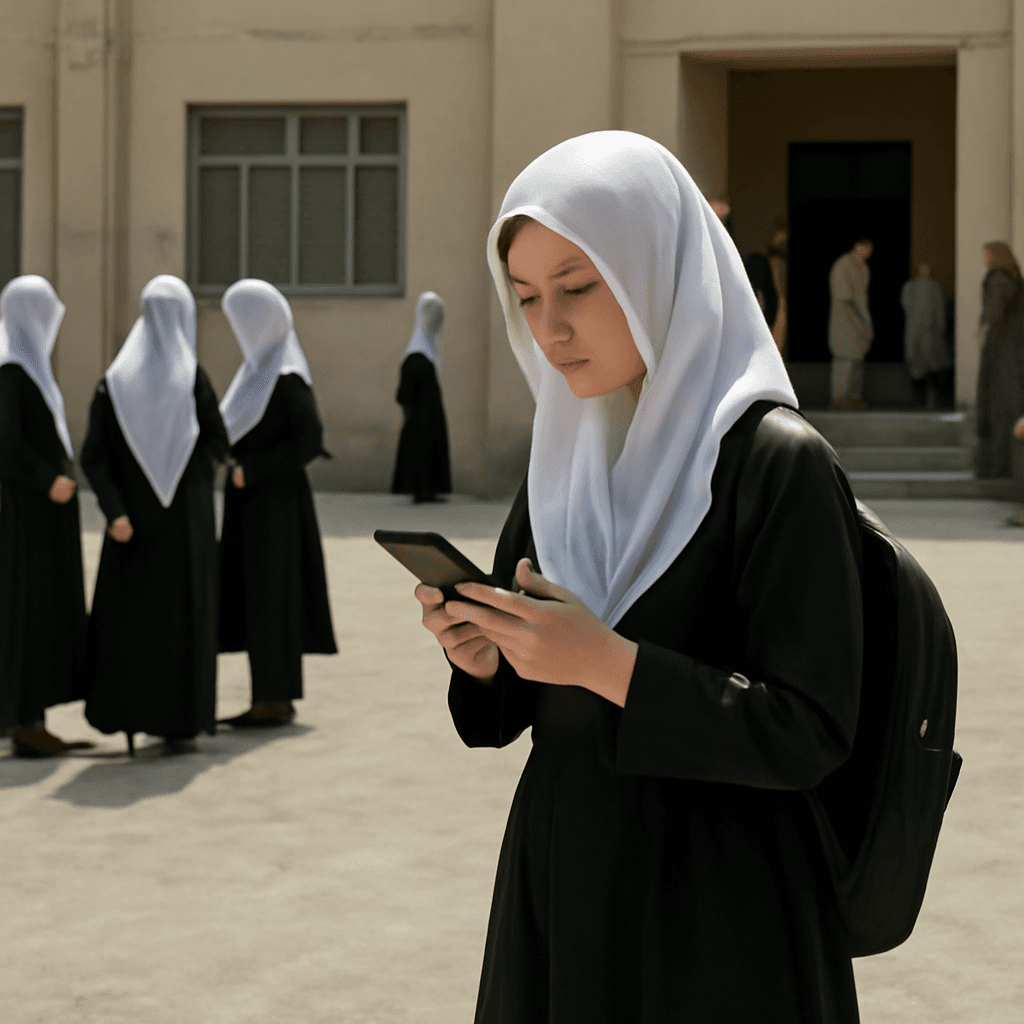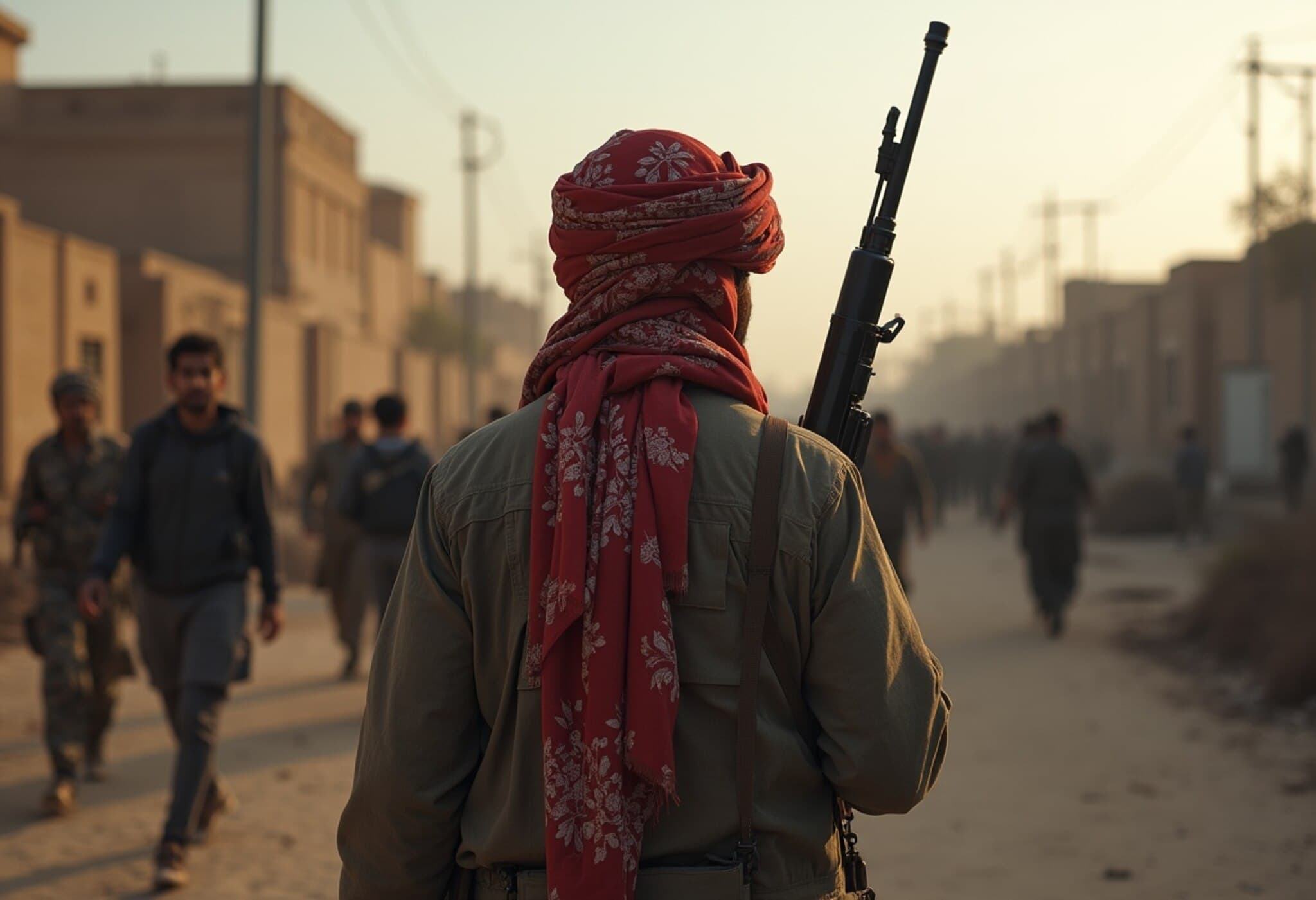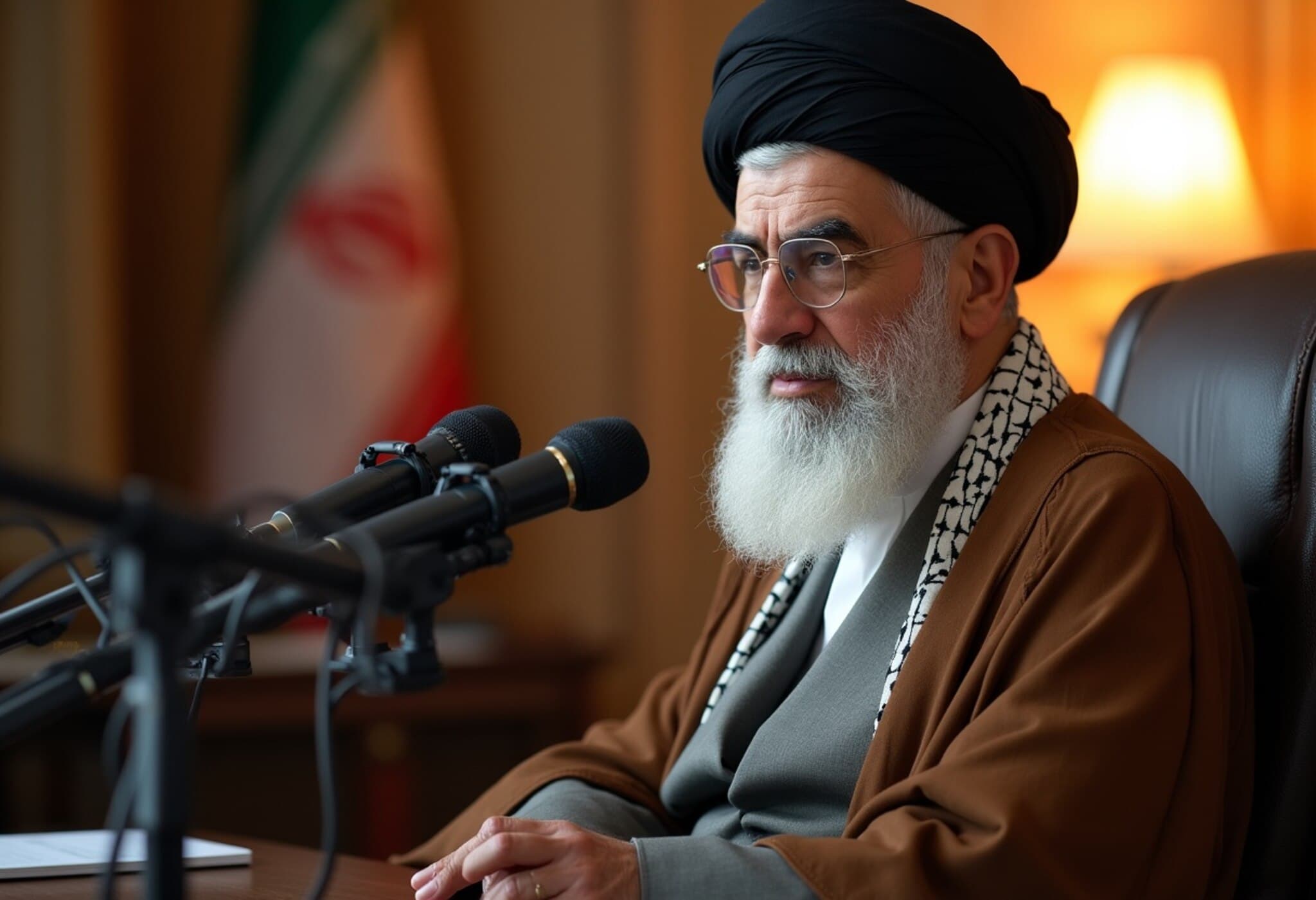Smartphone Ban Takes Effect in Kandahar Schools
In southern Afghanistan, Taliban authorities have rolled out a new directive banning smartphones in schools and madrassas across Kandahar province. This measure, implemented to improve focus and reinforce Islamic principles, applies to students, teachers, and administrative staff alike.
A Move Rooted in Discipline and Religious Beliefs
The provincial Education Department issued the ban emphasizing educational discipline and adherence to sharia law. According to the directive, smartphones are seen as disruptive tools that threaten the future of younger generations.
"This decision aims to ensure a disciplined learning environment," a statement from educational authorities explained. "From a religious standpoint, smartphones are contributing to the moral decline and distraction among students."
Mixed Reactions Among Students and Educators
The policy’s arrival has sparked diverse opinions. Saeed Ahmad, a 22-year-old teacher, welcomed the ban, sharing, "We did not bring smartphones to class today. I think this helps students focus better on their studies."
On the other hand, some students expressed concern about how the ban might complicate their learning. An 11th grader described the strict enforcement measures, noting that school staff now search students to prevent mobile devices from entering classrooms.
Another senior student pointed out the practical downsides. "When the teacher writes notes on the board, I usually take photos to review later. Now, without a phone, it becomes harder to keep up," he said, highlighting challenges especially significant in a country where many girls face severe education restrictions.
Extending Ban to Religious Schools and Community Impact
The restrictions are not limited to regular schools. Madrassas have also adopted the ban, with students like 19-year-old Mohammad confirming that bringing smartphones to religious classes is now entirely prohibited.
This move follows other notable global precedents, including bans on mobile devices in classrooms in countries like France, Denmark, and Brazil, aiming to minimize distractions.
Broader Taliban Policies on Technology and Media
The smartphone ban fits within a wider framework of Taliban-imposed restrictions. The group has previously outlawed images of living beings in media, with officials avoiding photographs and videos.
Recently, Taliban Supreme Leader Hibatullah Akhundzada urged government officials and scholars to reduce smartphone usage. A security personnel member revealed switching to basic "brick" phones and abandoning apps like WhatsApp as a direct result.
Several Taliban officials in Kandahar are sharing contact details for these simpler phones, consciously disabling online messaging platforms to align with the decree.

















